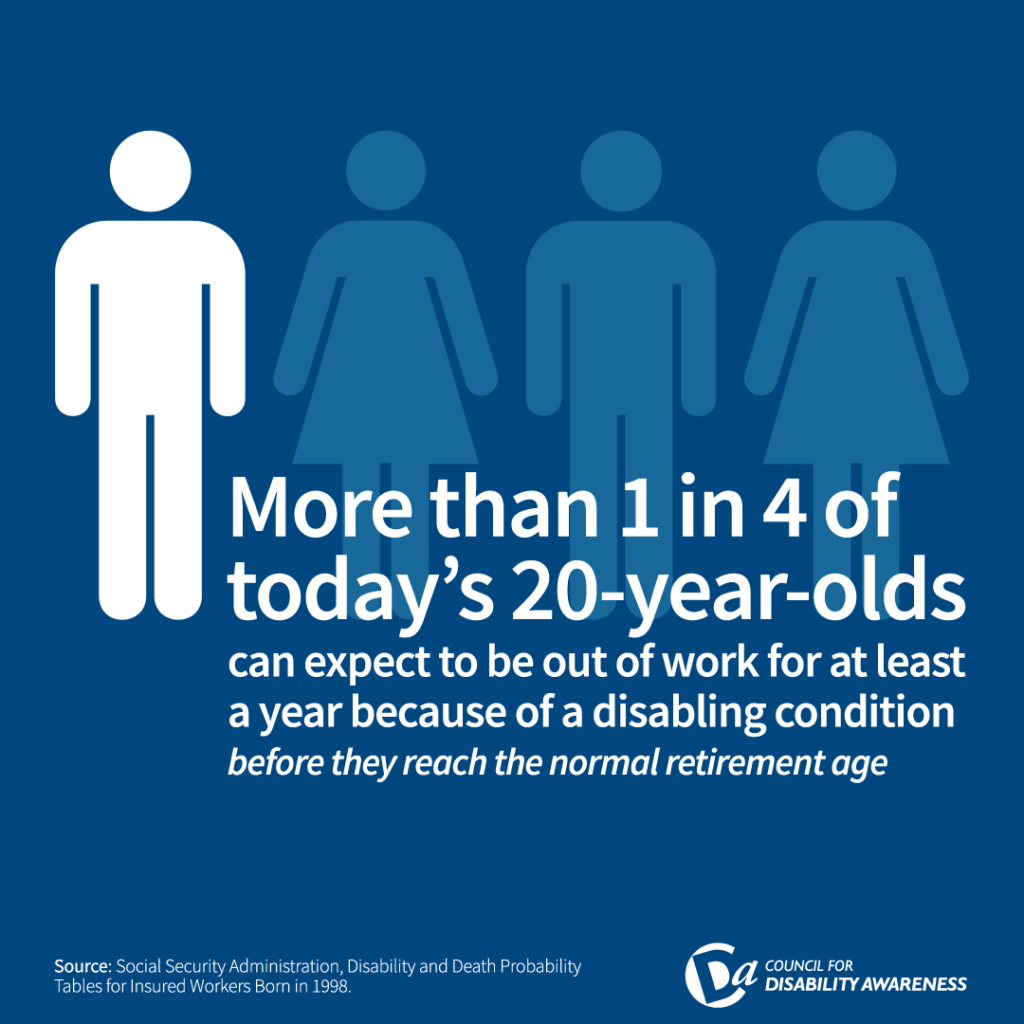My kids get mad at me. A lot. I don’t say that as a point of pride, merely an observation of the status of life in our household. Now, I am certain there are many times when their anger is a legitimate and healthy response to something I have done that is not right. One could say that I (more often than I care to) provoke my children to anger.
And all this happens in a context where I hold dear the admonition of Scripture as found in Ephesian 6.4:
Fathers, do not provoke your children to anger, but bring them up in the discipline and instruction of the Lord.
What does my children getting angry at me mean? Am I sinning? Should I be avoiding all things that result in them getting angry? What exactly is “provoking them to anger,” anyway?
Not all anger is the same
It is worth establishing some basic ground rules from our experience. From life in the trenches, we know that anger happens a lot. Even in “healthy” households. We will start with our experience and then move back and consider the ideal that Scripture gives.
A simple observation to begin with: not all anger is the same. In other words, sometimes my children’s’ anger towards me is righteous anger. They are angry because I have acted toward them in a way that is sinful. When someone violates the integrity of our person, anger is a natural response. Just like we as adults get angry when people wrong us, so too our children. At the beginning, let’s just be honest that sometimes our kids get mad at us because we “provoke them to anger” by sinful actions towards them.
But what about when they get mad at me for things like:
- making them brush their teeth instead of watching a show;
- telling them that they don’t get to have candy right now;
- disciplining a child for hurting another child;
- insisting that they talk to their parents in a respectful way and not listening to them when they whine;
- making them apologize for wrong behavior;
- etc.
Wisdom from life tells us that this sort of anger is not the same as the first. I can affirm that my children are, in fact, angry and that my actions have provoked them to anger. After all, if I just let them watch the show there would be no anger right now. And yet, life experience and wisdom also tell us that these sorts of parental actions are necessary. When parents do not take it upon themselves to impose wise choices upon their children, the result is a disaster of a child that all too often turns into a disaster of an adult.
As I write this my children are still young, and it is easier to see that their anger is not justified (assuming that I am enforcing wise choices upon them in a loving way, which is not always the case). What happens as children get older? How do we understand when our actions are “provoking a teenager to anger,” for instance?
While I don’t have a definitive answer for the complexities of being a sinful parent raising sinful children, I can point us to a deeper understanding of what this passage in Ephesians 6 is saying. And the key here is a covenantal context.
Provoking to anger in covenantal context
To begin, let’s revisit Ephesians 6.4. Here is a smattering of ways it is translated:
- “You fathers, don’t provoke your children to wrath, but nurture them in the discipline and instruction of the Lord.” (WEB)
- “Fathers, do not exasperate your children; instead, bring them up in the training and instruction of the Lord.” (NIV)
- “Fathers, don’t frustrate your children with no-win scenarios. Take them by the hand and lead them in the way of the Master.” (MSG)
- “Fathers, don’t stir up anger in your children, but bring them up in the training and instruction of the Lord.” (HCSB)
- “Fathers, do not provoke your children to anger, but bring them up in the discipline and instruction of the Lord.” (ESV)
There is clear consensus on the last half of the verse: train and instruct. The first half of the verse describes something negative, with notions of wrath, exasperation, and anger. But what does that mean in real life?
“Fathers” or “parents”?
First, just note that the command to “fathers” is best understood today as a command to parents. We could delve into language and culture details as to why that is the case (and if you want some of that, just ask me!), but just know that it encompasses parents in general.
I would advocate translating this passage something like: “Parents—and especially you, fathers—do not provoke your children to anger.” This accounts for the fact that the text is primarily directed at men within its original context while also acknowledging the realities of the modern family, and the myriad of different authority structures which are present therein. From single-parent homes to homes with present but absentee fathers, etc. The point of the passage addresses a reality that parents are able to parent in such a way that they exasperate their children.
Covenantal context
To understand what “provoke to anger” refers to, we have to consider just what Paul is doing in this brief exchange. Starting from Ephesians 5.21, Paul is discussing the normal relationships of human life in his day in terms of gospel submission: wife and husband, child and parent, and slave and master.
Let’s look at Ephesians 6.1-4 a little closer:
Children, obey your parents in the Lord, for this is right. 2 “Honor your father and mother” (this is the first commandment with a promise), 3 “that it may go well with you and that you may live long in the land.” 4 Fathers, do not provoke your children to anger, but bring them up in the discipline and instruction of the Lord.
In this passage Paul cites directly from the 10 commandments regarding how children are to relate to their parents (Exodus 20.12). In v. 4, he alludes to Deuteronomy 6—the Shema and the immediately following verses—about the responsibility of parents to teach the words of the covenant to their children. In both parts of the child/parent relationship, then, the expectations laid out are grounded in terms of God’s covenant. That is, they are covenantal.
Said differently, Paul is not giving parenting advice or tips about how to deal with kids or parents like you would find in the self-help section. Instead, he is unpacking how the truth of God being a covenant God who reaches out to us in the gospel of Jesus Christ provides a framework for being a child or being a parent. While this passage is detail-sparse in terms of what boots-on-the-ground parenting looks like, it is profound in giving us a guiding vision.
But there is more we can say than just that it is a guiding vision.
Parenting and covenants
Paul shows us that being a child and being a parent is framed within God’s covenant. We might say that there is an implicit covenant between child and parent where each party has obligations to the other. When each party fulfills those obligations, the result is harmonious and mutually beneficial.
Since I have mentioned “covenant” a few times, it is worth defining. Covenants are formal relationships characterized by faithfulness and loyalty in love. There is clearly no “formal” covenant in families. However, in the biblical view, family is strongly covenantal. There is a stronger and a weaker party (the parents and children, respectively), with obligations placed upon each party. The stronger—parents—is to act for the benefit of the children in areas like provision, wise instruction, discipline, and so forth. The primary response of the weaker party—the child/children—is respectful obedience. For a good description of family dynamics as portrayed in the OT and NT, see God, Marriage, and Family: Rebuilding the Biblical Foundation, 2nd ed., chapters 5-6).
Setting aside the fact that our relationships with children are often full of disharmony and antagonism (thank you sin), the aim is for harmony and mutual benefit. This view stands behind Psalm 127.4-6:
Behold, children are a heritage from the Lord, / the fruit of the womb a reward. / Like arrows in the hand of a warrior / are the children of one’s youth. / Blessed is the man who fills his quiver with them! / He shall not be put to shame / when he speaks with his enemies in the gate.
This passage shows an ideal: harmonious and mutually beneficial relationships between the parents and kids. No one counts it as a blessing when parents and children are characterized by mutual antagonism, violence, distrust, or other negative relational markers. But when all is well, both parents and children are blessed from the covenantal relationship of the family.
Provoking to anger is a covenant relationship phrase
Why am I bothering to talk about covenants? Well, it turns out that “provoke to anger” is used almost exclusively in covenant contexts in the Septuagint.
The Septuagint is the Greek translation of the Hebrew Old Testament which is freely used, alluded to, and cited in the NT.
The word translated variously as “provoke to anger, etc.” (it’s παροργίζω, if you want to know) is used 57 times in the Septuagint. Far and away the most common context is that the Israelites provoke the Lord to wrath by their sin. It is also used of general relational violations. We might summarize its dominant usage as follows: being “provoked to anger” is a result of the other party in the covenant failing to live up to the terms of the covenant.
Consider a concrete example. God, the covenant maker, tells the Israelites, “You shall have no other gods before me.” When the Israelites worship other gods, what happens? God is provoked to anger. Why? Because they are violating the terms of the covenant. The expected behavior of the covenant partner is not kept (the Israelites are worshipping other gods). The result is that God is “provoked to anger.”
From the side of the people of Israel, if they keep the covenant faithfully, they expect God’s blessing. If God were to withhold his blessing from them, even when they were being faithful, then God would be “provoking them to anger.” Of course, this doesn’t happen. But it is illustrative. In a covenant, both parties have responsibilities towards each other. The bulk of the responsibilities rest on the stronger party.
This I think is the heart of “provoking to anger:” it has to do with violation of justly held expectations and rights. God is angry with the people because they have broken the covenant terms. Provoking to anger is accomplished through treating the other party wrong in the very arenas of life where they have just expectations to be treated right.
And one more thing to note. The core purpose behind the covenant is to facilitate a relationship between parties characterized by faithfulness and loyalty in love.[1]
Non-provoking parenting
This post is already too long, but I want to briefly sketch out where we are going in the next post. If being a parent is like part of a covenant, then we are to understand “provoking to anger” in a specific sense. Parents “provoke their children to anger” not whenever they do something that their kids get mad about, but when parents violate the terms of the parent/child “covenant.” Making your child finish their homework before going out with their friends may make them get mad, but, if done rightly, falls within the purview of parents teaching their children the wisdom necessary to thrive in this world. That is not provoking your child to anger in the sense of Ephesians 6.4.
With all the anger responses which parents so regularly receive from children, though, what can guide where we aim in thinking about our relationship with our children. After all, sinful parents raising sinful kids means there are lots of opportunities for things to get gummed up. What should we aim at?
To that, we will turn in the next post.
[1] Peter J. Gentry and Stephen J. Wellum, God’s Kingdom through God’s Covenants: A Concise Biblical Theology (Wheaton: Crossway, 2015), 54.
Screaming photo created by karlyukav – www.freepik.com





